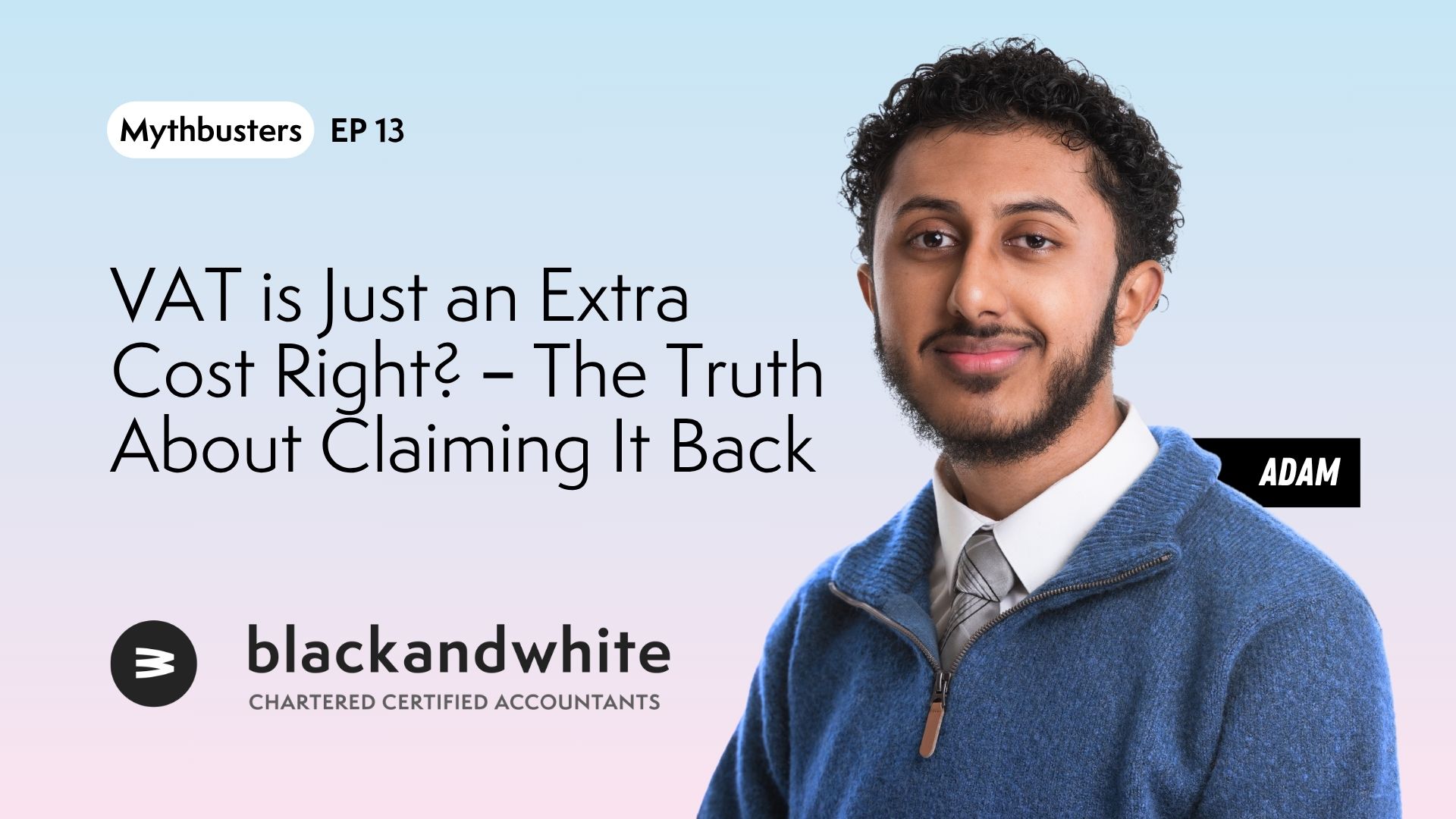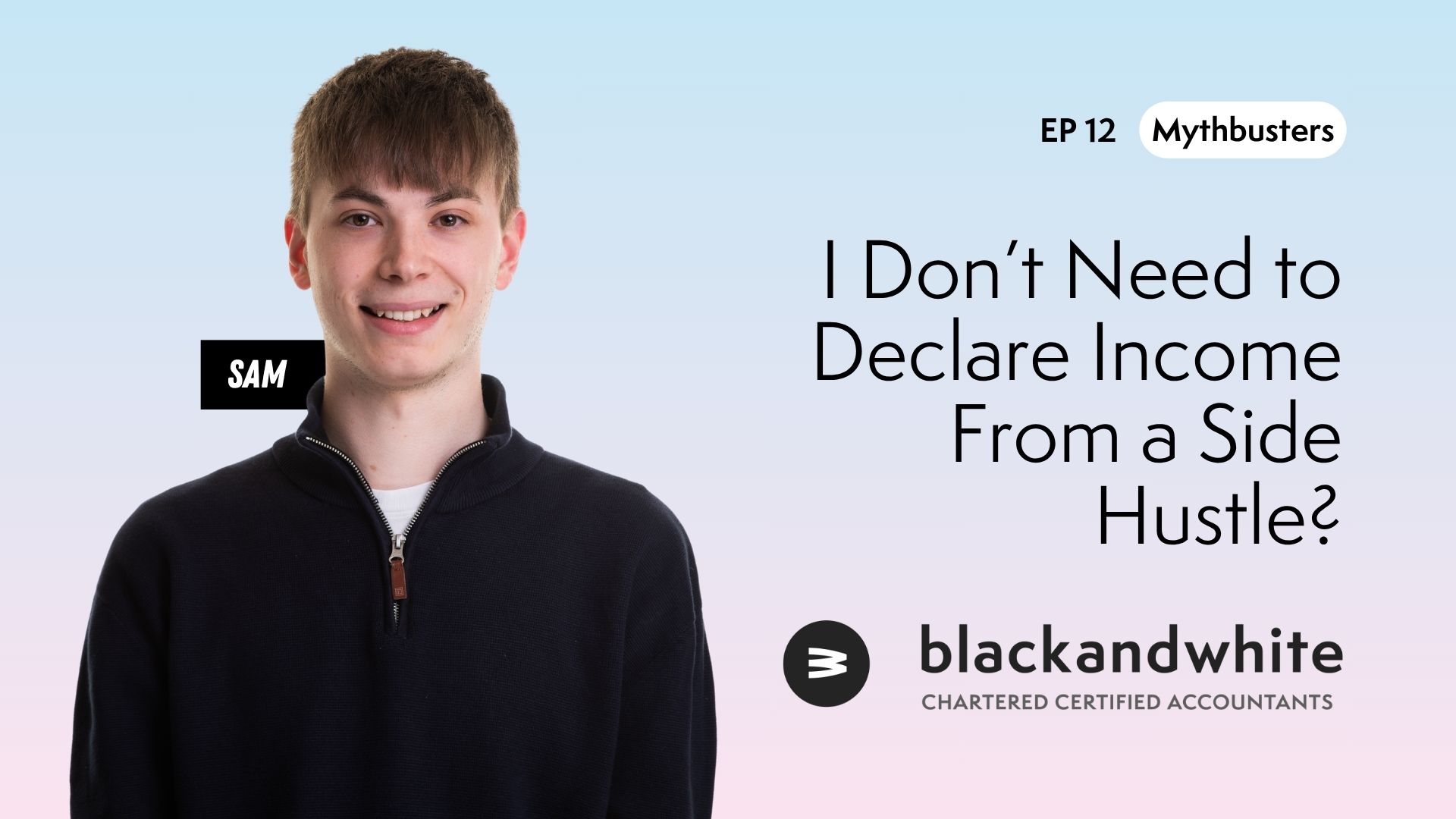At Black & White Accounting, we often help clients navigate one of the trickier parts of the UK tax system—VAT classification. And one fascinating example of how these rules can affect businesses (and consumers) is the VAT treatment of helicopter flying lessons.
The question is simple: are flying lessons a form of professional training or a leisure activity? The answer, according to HMRC, can have a significant impact on your tax bill.
VAT on Flying Lessons: A Clear Divide
In the UK, the VAT treatment of flying lessons depends on the purpose of the training:
- Commercial Pilot Training (CPL) – VAT-exempt
- Private Pilot Training (PPL) or Recreational Flying – Subject to 20% VAT
If a student is training with the clear intention of qualifying as a commercial pilot, then the lessons are regarded as vocational training and are exempt from VAT. However, if the lessons are undertaken for personal enjoyment or to obtain a Private Pilot Licence (PPL)—even if they involve the same technical instruction—they are considered a leisure activity and attract the standard 20% VAT rate.
Why the Distinction Matters
Many flight schools have argued that even PPL training provides valuable skills and often leads to professional careers in aviation. However, HMRC’s position is strict: unless the training is directly linked to a future taxable profession, it is classed as a non-essential, recreational activity—and therefore taxable.
This has several implications:
- PPL students face higher costs, due to the additional VAT charge.
- Flight schools must carefully assess and document the nature of training provided, to apply the correct VAT treatment.
- Incorrect classification could lead to backdated tax assessments, potentially costing schools thousands in unpaid VAT.
The Bigger Picture: VAT and Training Businesses
This issue extends far beyond aviation. Across many industries, businesses offering education, training, coaching, or experiences face similar challenges. Whether the service is VAT-exempt or standard-rated often depends on HMRC’s interpretation of intent and outcome.
For example:
- Language courses may be exempt if linked to professional development, but taxable if taken for leisure.
- Fitness instruction could be exempt when medically prescribed, but taxed when delivered as a general wellbeing service.
In short, how your services are classified can significantly affect your pricing, competitiveness, and tax liability.
How Black & White Accounting Can Help
At Black & White Accounting, we support businesses of all sizes in understanding and applying VAT rules effectively. If you offer any kind of training, experience-based service, or educational programme, we can help you:
- Ensure correct VAT classification—reducing the risk of HMRC disputes or penalties.
- Optimise pricing structures—factoring in VAT implications to protect your margins.
- Stay compliant with changing regulations—helping you adapt to evolving tax law.
Running a training business? Don’t let VAT confusion clip your wings.
Get in touch with Black & White Accounting today and ensure your VAT strategy is clear, compliant, and cost-effective.



